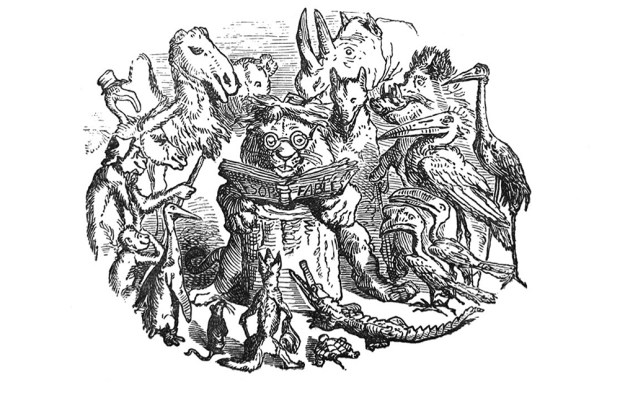We are told we live in a ‘post-truth’ world. This appears to mean that everyone believes everything they are told as long as enough people say it on enough different media. The Romans called it fama (‘fame’). This term covered news, slander, rumour, public opinion, reputation, notoriety, glory.
When Virgil’s epic hero Aeneas, destined to found Rome, had unwisely started an affair with Dido, the queen of Carthage, fama got to work, and Virgil described what a personified version looked like: a ‘huge, shuddersome monster’, swiftest of all evils, which might start small but gathered strength as it went.
Already a subscriber? Log in
Subscribe for just $2 a week
Try a month of The Spectator Australia absolutely free and without commitment. Not only that but – if you choose to continue – you’ll pay just $2 a week for your first year.
- Unlimited access to spectator.com.au and app
- The weekly edition on the Spectator Australia app
- Spectator podcasts and newsletters
- Full access to spectator.co.uk
Unlock this article
You might disagree with half of it, but you’ll enjoy reading all of it. Try your first month for free, then just $2 a week for the remainder of your first year.










Comments
Don't miss out
Join the conversation with other Spectator Australia readers. Subscribe to leave a comment.
SUBSCRIBEAlready a subscriber? Log in